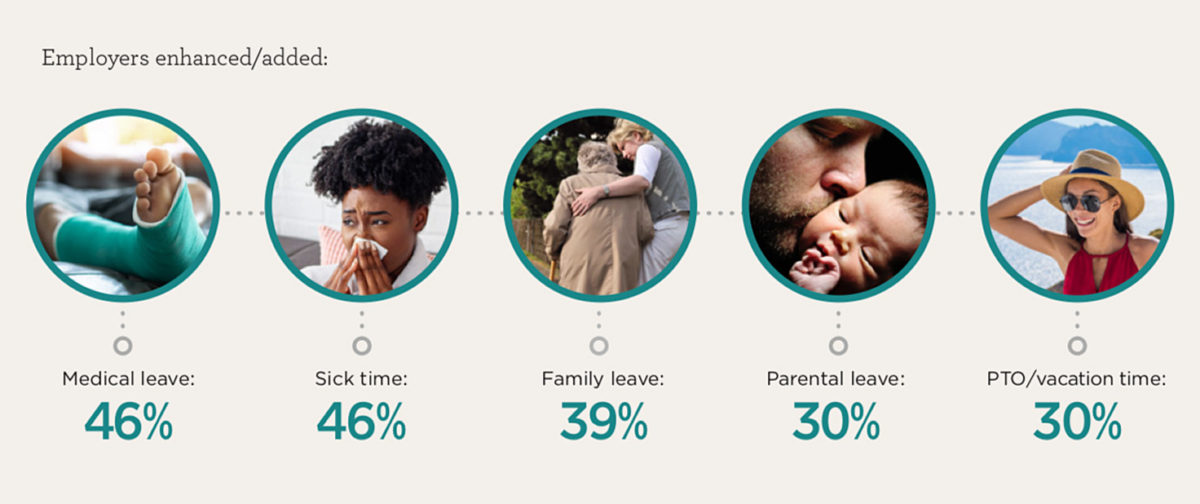Study finds one-third of workers fearful of requesting leave of absence
Although many companies have expanded their leave of absence policies during the past year, nearly one-third of U.S. workers are afraid to request a leave of absence from their jobs out of fear of being penalized for future career advancement or losing their employment, according to research published by The Hartford.
The stigma attached to requesting a leave of absence is particularly strong among younger workers, with half of Gen Z and younger millennial respondents admitting to being afraid of workplace repercussions for taking leave, whereas 41% of older millennials, 30% of Gen X and only 16% of baby boomers shared that apprehension.

Ironically, this fear comes at a time when the availability of paid time away from work has increased.
The Hartford reported that 75% of employers expanded their leave of absence policies during the Covid-19 crisis, with the most common reasons for taking time off involving medical leave (46%), sick time (46%), family leave (39%), parental leave (30%) and vacation requests (30%).
“The Covid-19 crisis and devastating losses of the past year have crystallized the necessity to support workers who need to take time away from work to care for themselves or a family member,” Jonathan Bennett, head of group benefits at The Hartford, said in a statement.
“These benefits were built to maintain work-life balance, workforce engagement and productivity, and it is encouraging to see that many employers have made changes to increase the amount of paid time off they offer. Now, the next step is to ensure employers provide their workforce with the assurance and support to take time off when they need it.”
The Hartford”™s research was fielded from Jan. 11 through Feb. 19 and included 617 HR professionals at U.S. companies and 1,005 actively employed workers.